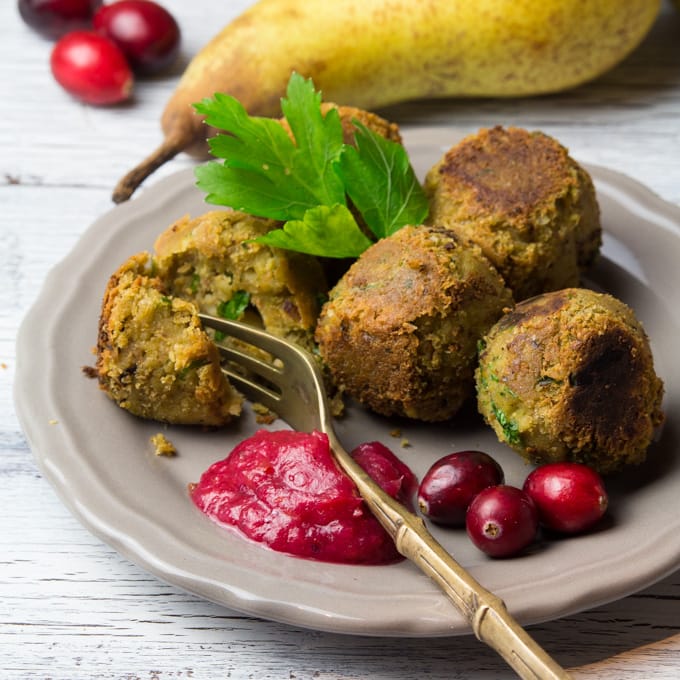Please print this post and bring some hodu to the dinner table, whether today or tomorrow or anytime..
You know that we're down to days before Hannukah? Hannuka gifts on Amazon.
Did you hear this week's 7-minute podcast, "The Spirituality of Sugar"...? Details below.
 Question for your Thanksgiving table – do you remember how last year Columbus had become so controversial? How come nobody is talking about that today?
Question for your Thanksgiving table – do you remember how last year Columbus had become so controversial? How come nobody is talking about that today?
Tradition?
Well, the tradition of this email is to pull out, dust off and rejewvenate our annual Hodu message.
Here are a few questions to stump everyone at the table.
Try this one first: Why turkey?
Serious question: Why do Americans eat turkey on Thanksgiving?
(Why does it seem like a religious duty, like matzah on Pesach.)
If anyone answers, "They ate turkey so we have to eat turkey," that would be incorrect.
In fact, they would be wrong on 2 counts.
First of all, would it really be so bad to have a Thanksgiving pizza? Or Thanksgiving hamburgers? Or a red beans and rice Thanksgiving? How about a Chinese Thanksgiving? Curry Thanksgiving, anyone? Do vegetarians do Thanksgiving?
(I know I'm not the first to ask this question, but it seems far from resolved.)
Second, they probably didn't eat much turkey.
At that original Thanksgiving in 1621, they apparently ate mostly venison.
I know, shocking, right?
Let's go back in time.
Imagine you are on the boat with Columbus.
(Maybe you're even a Jewish refugee from the Spanish Inquisition.)
PS - If you'd like to know about the Jews who sailed with Columbus, send me an email.
Of course, you and your geographically-challenged buddies think you're in Asia.
It's a strange world! Strange people, fauna and flora.
And you see this funky chicken.
The Wampanoag Indians call it neyhom.
What do you, O Spanish sailor, call it?
Remember, it looks vaguely like a chicken and you think you're in India, so naturally you call it "Indian chicken."
Are you with me so far?
French explorers agree that it looks like a chicken and they call poulet d'Inde (Indian chicken), later shortened to dinde (pronounced "dand").
English settlers think it looks more like a Turkey pheasant than a chicken, so they call the bird turkey.
Jewish explorers side with the French and call it tarnegol hodu — "Hindu chicken" — later shortened to hodu.
What's interesting for us is that the Hebrew word HODU also just happens to mean "give thanks" (in the imperative mood for all the grammarphiles out there).
So back to our main question for your table: What food should you eat on Hodu Day?
(Hodu, of course.)
Now try asking somebody Jewish at the table this stumper:
You're Jewish, right? Can you explain what "Jewish" means?
Forget the religious or cultural meaning; we want to know the etymology of "Jewish".
It means something like, "a state of being thankful".
Ergo, if you're living up to the name "Jewish" then you are....
....living in a state of being thankful.
Let that sink in before asking the next question: How often?
(Once a year? Once a month? Once a week? Once a day?)
That could be a lot of hodu to stuff yourself with.
Final question for the table: How do you do hodu?
Happy Hodu-Day and
Which may be the same as saying...
Shabbat Shalom
PS - the links above are mostly very cool, check them out!
Podcast details: there are ten ways to hear it (it's only 7 minutes this week; please send me your feedback):
iTunes/iPhone … YidPod … Spotify … Google Podcasts … Pocketcasts … Stitcher … Podbean … Amazon Podcasts … RSS … or just on the web.
PS - When shopping at Amazon, please use http://smile.amazon.com and support this blog by choosing Jewish Spiritual Literacy as your designated charity. Amazon will donate 0.5% of your purchases - it doesn't sound like much, but if everyone reading this did so, that would translate to hundreds or possibly thousands of dollars.
Appreciated this Table Talk? Like it, tweet it, forward it....





